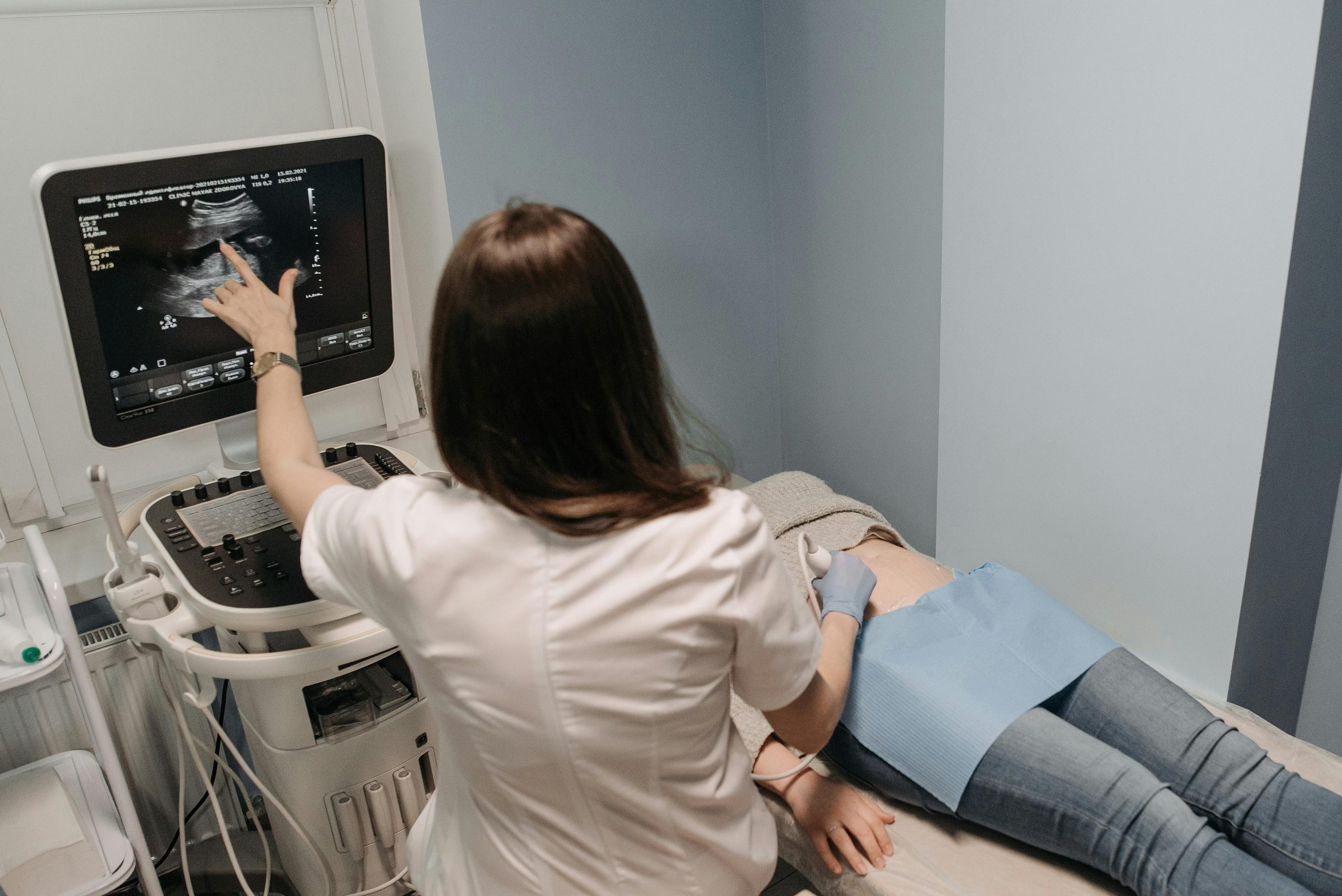What is PCOS? Symptoms, Causes, & Treatments

What is PCOS? Symptoms, Causes, & Treatments
Polycystic Ovary Syndrome (PCOS) is a problem with hormones that may occur during women’s reproductive years. It’s one of the most common hormonal conditions, affecting 8-13% of women globally, and as per the World Health Organization, more than half of this number is undiagnosed.
When left untreated, PCOS can lead to long-term health complications like infertility and diabetes. So, to avoid this, you must understand what is PCOS and get a diagnosis early on. This article reveals the condition’s symptoms, causes, diagnosis tests, and treatment options.
Symptoms of PCOS
PCOS triggers various symptoms, which might differ from one person to another. Thus, you must be wary of the most common ones mentioned below so you can seek proper care.
Irregular Menstrual Cycles
Most women who have PCOS experience irregularities in their menstrual periods. This is whether you’re missing your period or having them that last longer days.
Excess Androgen Levels
High androgen levels may lead to noticeable physical changes like excess facial and body hair, also known as hirsutism. Some even experience male-pattern baldness when they have PCOS.
Weight Gain or Difficulty Losing Weight
Women with PCOS often struggle with weight gain and losing weight. In fact, between 40% and 80% of them are obese or have difficulties maintaining a healthy, desirable weight for them.
Acne, Oily Skin, and Skin Patches
Due to hormonal imbalance, you might experience oily skin and persistent acne. Darkened patches of skin and little flaps of extra skin, often found in armpits and neck, are also possible.
Polycystic Ovaries
Though not all women with PCOS have polycystic ovaries, this symptom, which is also known as multiple small cysts on your ovaries, is a common indicator of the condition.
If your test confirms, you can explore treatment options for polycystic ovaries. However, you should know that while PCOS and “ovarian cysts” can sometimes be related, PCOS results in hormonal imbalance, which is not generally true for ovarian cysts. It’s also possible that women can have several ovarian cysts without having PCOS.
Thus, it’s best to consult your trusted healthcare provider to identify the right treatment plan for you, may it be for ovarian cyst treatment or PCOS management.
Fatigue, Low Energy, and Sleep Issues
Another symptom that might arise due to hormonal imbalance caused by PCOS is constant low-energy feelings and sleep disturbances like insomnia.
Mood Changes
PCOS doesn’t only affect your physical and emotional state. It can also cause mental health challenges that could lead to anxiety and sudden mood changes.
Difficulty with Fertility
Irregular ovulation can sometimes lead to difficulties to be able to conceive. This is why one of the leading causes of infertility among women is PCOS.
Causes of PCOS
Hormonal Imbalance
Irregular ovulation can sometimes lead to difficulties to be able to conceive. This is why one of the leading causes of infertility among women is PCOS.
Insulin Resistance
When your body is resistant to insulin, your blood sugar levels spike up, and it causes the elevation of your androgen levels. Some signs of insulin resistance include dark patches on the skin and weight gain.
Low-Grade Inflammation
According to the Mayo Clinic, women with PCOS have a “long-term, low-grade inflammation,” which can be the reason why ovaries stimulate the production of too much androgen.
Genetic Predisposition
Studies suggest that PCOS can be hereditary. So, if anyone in your family has PCOS, you might be at a higher risk.
Environmental and Lifestyle Factors
Other than biological causes, stress, an unhealthy diet, and a lack of physical exercise could affect your hormonal balance and worsen your condition.
How PCOS is Diagnosed
There are several steps to diagnose PCOS. This includes:
- Physical Exams: Your gynaecologist will check for visible signs or symptoms of PCOS, such as excess facial hair, acne, discoloured skin, and skin tags.
- Blood Tests: Check for your hormone levels and identify imbalances.
- Ultrasounds: Examine your pelvis to confirm the presence of polycystic ovaries.
If you suspect PCOS or someone in your family has been diagnosed with one, you can also undergo sexual health screening to help you manage your reproductive health effectively.
Treatment Options for PCOS
To manage PCOS, you might need a multi-faceted approach tailored to your lifestyle and needs. Some of the most common treatment plans are as follows:
- Lifestyle changes include a balanced diet and regular physical activities to improve insulin sensitivity and manage weight.
- Medical Treatments: You might be given birth control pills and other medications like insulin to regulate your menstrual cycle and address hormonal and insulin resistance concerns.
- For related conditions, treatments like uterine fibroids treatment and endometriosis treatment may be recommended.
- Supplements, stress management, and other holistic approaches can also help in alleviating PCOS symptoms

Living with PCOS
Having PCOS can indeed be daunting, but you’re not alone. Various groups and communities of women offer support and information so you’ll understand the condition better.
By being more knowledgeable, you can identify what is PCOS and how it affects your body, identify triggers, and take proactive steps to improve your well-being.
Aside from joining groups, you can also connect with other women who experience the same condition so you can provide emotional support and practical tips to cope. This is extra essential as PCOS doesn’t only affect your physicality but also your emotional and mental states.
Most importantly, ensure that you work closely with your gynaecologist to develop a treatment plan that works for you.
Taking Control of Your PCOS Journey
With the right approach and support, PCOS is a manageable condition you can control. By recognising your symptoms early and seeking appropriate treatments, you can live normally without overthinking the complications.
Understanding what is PCOS will be your first step, and if you suspect PCOS, your next step would be consulting a professional like Eden Women’s Health.
We are led by Dr Sheri Lim, an obstetrician and trusted female gynaecologist in Singapore. We help women manage their reproductive health, offering personalised care and advice so they can make informed decisions.
Book an appointment with us, and let’s talk about how we can guide you in managing your PCOS, one test at a time.
